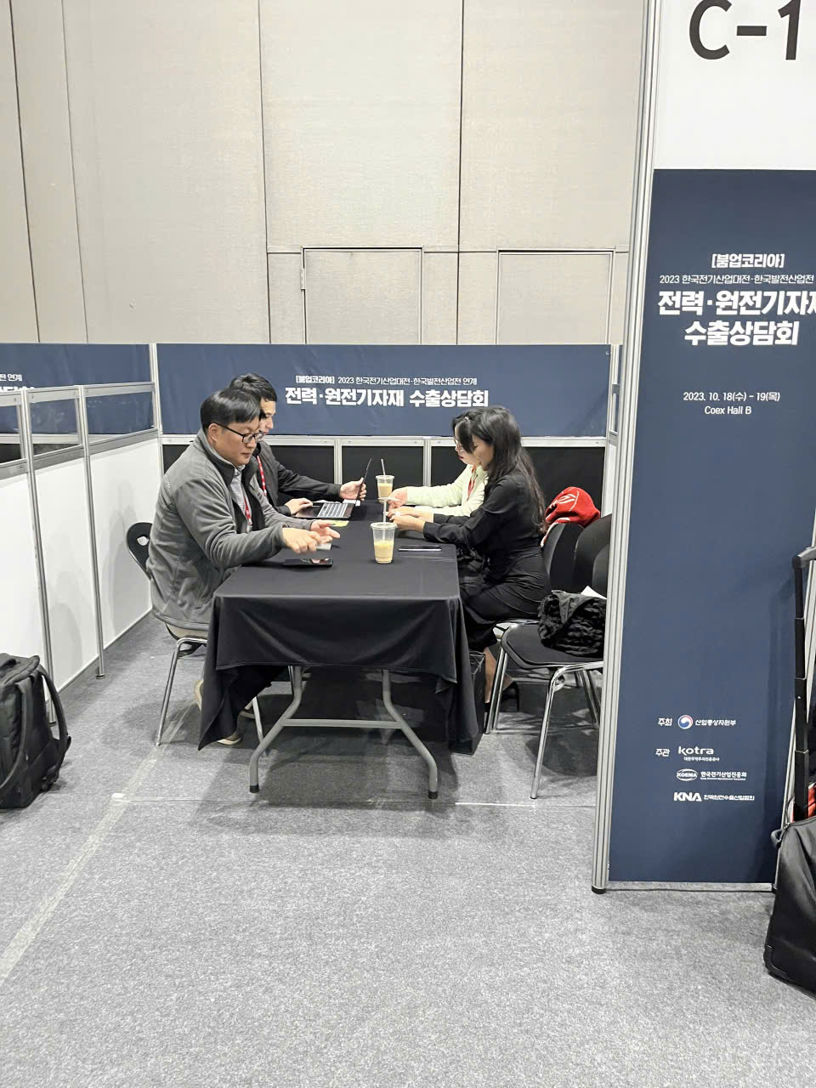
Discovery and Connection of Vietnamese-Korean Culture
Hồng Nhung - A Bridge of Language and Culture Between Vietnam and Korea
Hồng Nhung is a talented and passionate Korean interpreter. With a deep understanding of the Korean language and culture, she has become an important bridge between the two countries.
Journey to Korean Language
Hồng Nhung began learning Korean during her university years when she discovered a special passion for the language. She dedicated a lot of time and effort to honing her skills, participating in specialized courses, and self-studying through books and media.
Rich Experience
Throughout her career, Hồng Nhung has interpreted for various events, from international conferences and business meetings to cultural exchange programs. She has worked with many important partners, helping them overcome language barriers and understand each other better.
Professional Work Style
Hồng Nhung is known for her professional and dedicated work style. She thoroughly prepares for each event, ensuring that all information is conveyed accurately and effectively. Her enthusiasm and responsibility have earned the trust and confidence of many partners and clients.
Vision and Mission
With a vision to become a cultural bridge between Vietnam and Korea, Hồng Nhung continuously strives to learn and develop herself. She aims to promote understanding and cooperation between the two countries and inspire the younger generation who love the Korean language and culture.

In Ho Chi Minh City, the demand for Korean interpreters is very diverse and abundant. Here are the main groups that need this service:
- Businesses: Companies with commercial transactions with Korea or with Korean partners and customers often need interpreters to assist in meetings, seminars, and negotiations.
- Government agencies and non-governmental organizations: These organizations often require interpreters for international events, conferences, and bilateral cooperation programs.
- Hospitals and medical facilities: Interpreters help Korean patients communicate with doctors and medical staff, ensuring they receive the best medical care.
- Schools and educational institutions: Schools with Korean students or exchange student programs often need interpreters to support teaching and daily communication.
- Cultural and tourism events: Cultural events, exhibitions, and tours with Korean visitors need interpreters to help them better understand the culture and tourist attractions.
1. Research and Preparation
: When receiving information about the event to be interpreted, thoroughly research the speakers, topics, and content. Familiarize yourself with relevant terminology and vocabulary, and if possible, watch recordings of the speaker's previous presentations.
2. Understanding Context and Culture
: It is important to have a good understanding of the context and culture of both languages. This helps in making appropriate word choices and expressions, and can prevent cultural misunderstandings.
3. Preparing Tools
: Prepare all tools such as dictionaries, translation software, and reference materials. This helps in quickly referencing them when needed.
4. Listening and Speaking Practice
: Interpreters should regularly practice listening and speaking to maintain quick response and accurate information processing abilities.
5. Time Management and Maintaining Health
: Ensure to get enough rest and maintain health to stay in optimal condition during interpretation.
Provide detailed information: Ensure the interpreter receives all necessary information about the event, including the topic, schedule, related documents, and details about the speakers. This helps the interpreter prepare thoroughly and understand the context of the session.
Prepare materials in advance: Send any materials, speeches, or content that will be discussed during the session ahead of time. This allows the interpreter to familiarize themselves with the content and specialized vocabulary, ensuring accurate and fluent interpretation.
Clarify specific requirements: Clearly communicate specific requirements such as the style of interpretation (simultaneous, consecutive), the languages needed, and any special requests. This helps the interpreter prepare better and meet your expectations.
Prepare support equipment: Ensure that all support equipment such as microphones, headsets, and audio systems are working properly. If necessary, check with the interpreter beforehand to ensure everything is ready for the session.
Create a comfortable working environment: Provide a comfortable and quiet workspace for the interpreter to help them focus and work effectively.
Maintain clear and continuous communication: Keep in regular contact with the interpreter before and during the session to promptly address any issues that arise and ensure everything goes according to plan.
- Speak slowly and clearly: Help the interpreter understand and translate accurately.
- Use simple language: Avoid complex terms or difficult expressions.
- Pause after short sentences: Allow the interpreter time to translate.
- Maintain eye contact with your counterpart: Speak to the person you're addressing, not the interpreter.
- Explain when needed: Be ready to clarify difficult points.
- Respect time: Translation takes time for accuracy.
- Provide information in advance: Share any materials ahead of time if available.
- Limit repeat requests: Listen carefully to avoid unnecessary interruptions.
- Maintain a respectful attitude: Treat the interpreter as a professional.
- Ensure confidentiality: Clearly indicate which information is confidential.

Portfolio



